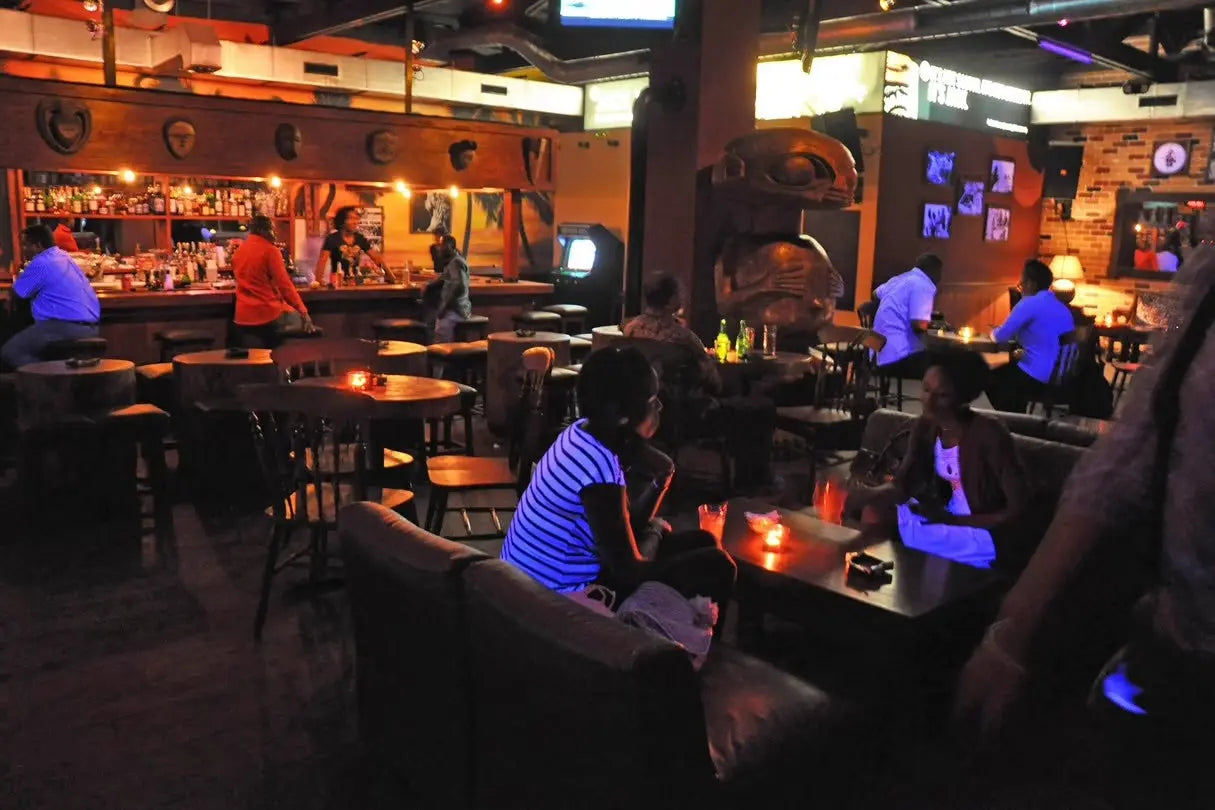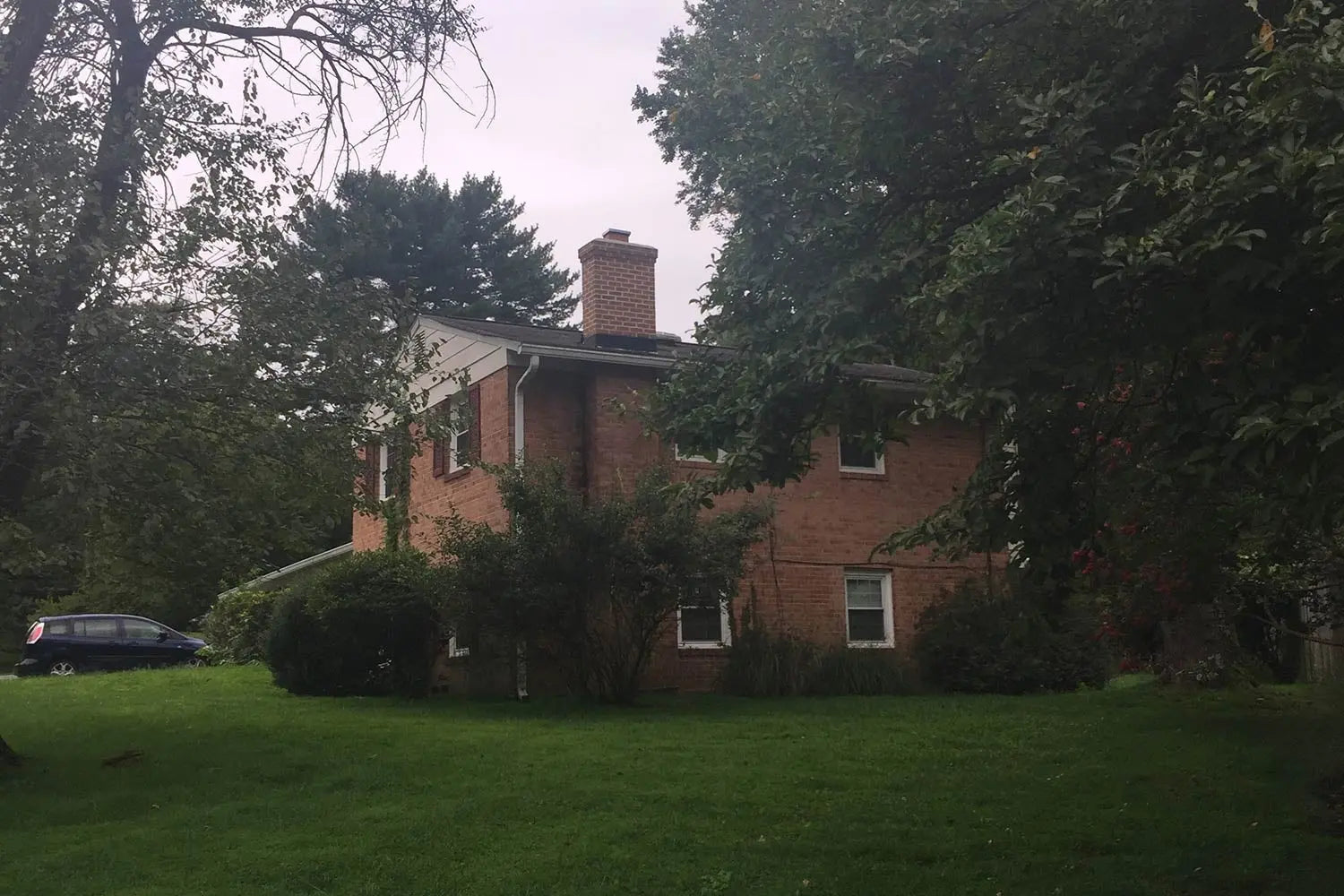
The paradox of the curfew in Gabon: freedom promised, freedom denied?
The paradox of the curfew in Gabon: freedom promised, freedom denied?
It is one of the most debated topics on social networks and in the streets of Gabon: the persistence of the curfew established by the transitional regime. The editorial staff of Gabon 2025 has received countless messages, questions and testimonies expressing growing concern on this subject. Since coming to power, Brice Oligui Nguema has maintained a curfew in Gabon under security pretexts that raise questions. Isn't it paradoxical to restrict freedom when you came to power by promising to give it back to the people? What does Oligui really fear?
A curfew maintained… in the name of security?
Gabon woke up on August 30, 2023 under a new political sky, marked by the ouster of Ali Bongo and the installation of General Brice Oligui Nguema at the head of a military transition. From the first hours of this coup, an unexpected security measure was imposed: the curfew. This restriction, although initially legitimized by fears of post-coup excesses, seems to become a fixed rule, far from a simple provisional measure. And yet, more than a year after this takeover, the curfew persists, evolving slightly according to the protests and the needs of the economy, without disappearing.
Initially from 6 p.m. to 6 a.m., it has been relaxed in the face of economic and social pressures, particularly in Libreville, the capital, where discontent is palpable. The authorities recently opted for a surprising curfew, from 2 a.m. to 5 a.m., citing the protection of public security. However, while security seemed to be the initial reason, this motive is beginning to lose credibility: the streets are calm, the population yearns for a return to normal, and the police are not under the same pressure as in the early hours of the coup.
" #Gabon is under #occupation . When there has been a #curfew for a year, it is not #liberation , it is #occupation . When you have #soldiers occupying #civilian #positions , it is not #liberation , it is #occupation " Alain Claude Bilie By Nze… pic.twitter.com/LcBcZiba7y
— MPAGM (@Mpagm2014) October 5, 2024
The malaise of a population under constraint
In Libreville, the feeling of annoyance and frustration with these measures remains strong. This feeling is expressed through discussions on social networks and exchanges in the streets, where the measure is often described as an "imposed order". Several testimonies collected by our editorial staff point out the paradox of a power that promises freedom, while restricting the right to move freely. Some even denounce a form of social control, a disguised way of monitoring the movements of the population, in particular young people, already facing unemployment and gloomy economic prospects.
According to RFI , the population is expressing growing unease, accentuated by the dissonance between official discourse and daily realities. Although the transitional regime claims to work for the good of the people, this coercive measure imposes an atmosphere of "imposed order", where the promised freedom is overshadowed by nighttime restrictions deemed arbitrary. Some even see it as a technique of social control, a way to keep control over the movements of the population, especially young people, who are mostly unemployed and already facing many economic difficulties.
In addition, this restriction directly impacts economic actors. Shops, bars and restaurants are bearing the brunt of the consequences of the curfew. Entrepreneurs, who are already struggling to restart their activities after the uncertainties linked to the change of regime, are seeing their opening hours limited, which is slowing down their turnover and fueling growing resentment towards the transitional authorities. The measure, supposed to preserve order, is paradoxically becoming a source of latent disorder, where mistrust and frustration are intertwined.
Freedom in illusion and celebrations under surveillance
The persistence of this curfew takes an even more cynical turn during national holidays and commemorations. Last August, during the celebration of “Liberation Day,” which marked Bongo’s ouster and Oligui’s accession to power, the authorities temporarily lifted the curfew for two days to allow the people to celebrate . A gesture that was applauded, certainly, but which only reinforced the impression of controlled freedom: a temporary “permission” that reminds us that freedom, in today’s Gabon, still depends on the goodwill of the leaders. Gabonreview also describes this temporary lifting as “freedom in trompe-l’oeil” : an illusion of liberation that only lasts for the duration of an official celebration, where the state quickly takes back the reins as soon as the spotlight goes out.
The question of the legitimacy of this curfew remains unresolved, and its continuation over time raises concerns about the real intentions of the transition. This contrast between the promised freedom and the reality of the restrictions continues to divide public opinion. Whether for ordinary citizens or economic operators, this measure seems less and less justifiable. In the background, maintaining the curfew may appear as a reminder of authority, a way for the new leaders to indicate that they remain in control, even in a period of so-called transition to a renewed democracy.
An uncertain future for freedom of movement
The testimonies received by the editorial staff reveal an increasingly widespread perception: the curfew symbolizes a "freedom in deceptive terms". Citizens are questioning the legitimacy of this prolonged restriction, considered an obstacle to true democratic transition. The dissonance between the promises of freedom and the constraints imposed daily is causing disillusionment among a growing part of the population.
Ultimately, the current situation raises a fundamental question: how far are the transitional authorities prepared to go to maintain this control? While the population aspires to turn the page on authoritarianism, this repressive measure leaves doubts hanging over the sincerity of the transition's commitments. This curfew symbolizes a paradox: the ambition for freedom and renewal proclaimed by the regime contrasts sharply with a management that is intended to be reassuring but remains deeply restrictive.
For the time being, the total lifting of the curfew is not on the agenda, leaving the Gabonese people facing a difficult choice: hope that this military power is only temporary or resign themselves to living under a regime whose freedom remains under high surveillance.


